Cone Beam CT Scanning in Bedford, NH
.avif)
Advanced 3D Imaging for Precise Diagnosis and Treatment Planning
At Bedford Center for Prosthodontics, we use Cone Beam CT (CBCT) scanning, an advanced 3D imaging technology that provides detailed, high-resolution views of your teeth, jawbone, nerves, and soft tissues. This state-of-the-art diagnostic tool allows for greater precision in dental procedures, ensuring the highest level of accuracy for dental implants, full arch restorations, bone grafting, and complex dental cases.
If you need dental implants, extractions, or jawbone evaluation, a Cone Beam scan helps us create a customized treatment plan that maximizes safety and effectiveness.
What Is a Cone Beam CT Scan?
A Cone Beam CT (CBCT) scan is an advanced imaging technology that captures 3D images of your oral structures using a low-radiation, cone-shaped X-ray beam. Unlike traditional dental X-rays that provide only flat, two-dimensional images, CBCT scans offer a 360-degree view of your teeth, jawbone, and surrounding structures.
This allows us to evaluate bone density, tooth positioning, and nerve pathways with incredible precision, improving the safety and success of various treatments.
.avif)
R
E
O
P
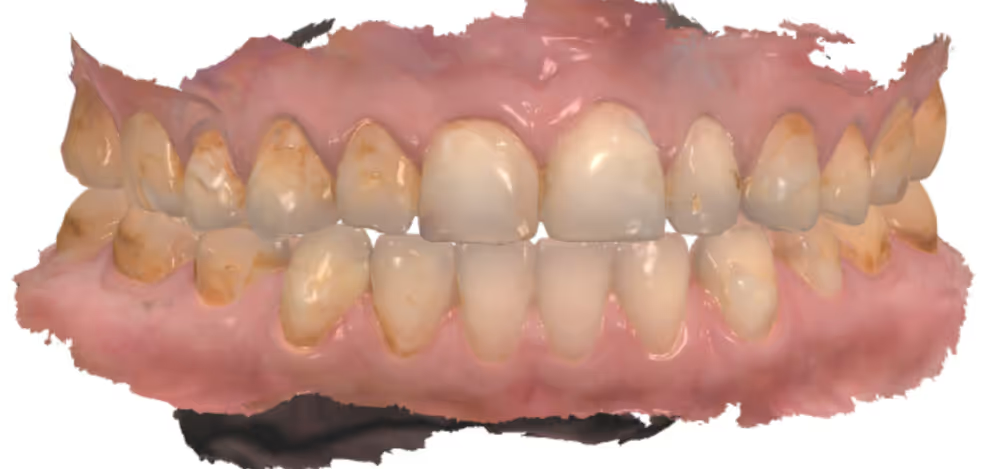
E
S
I
G
N
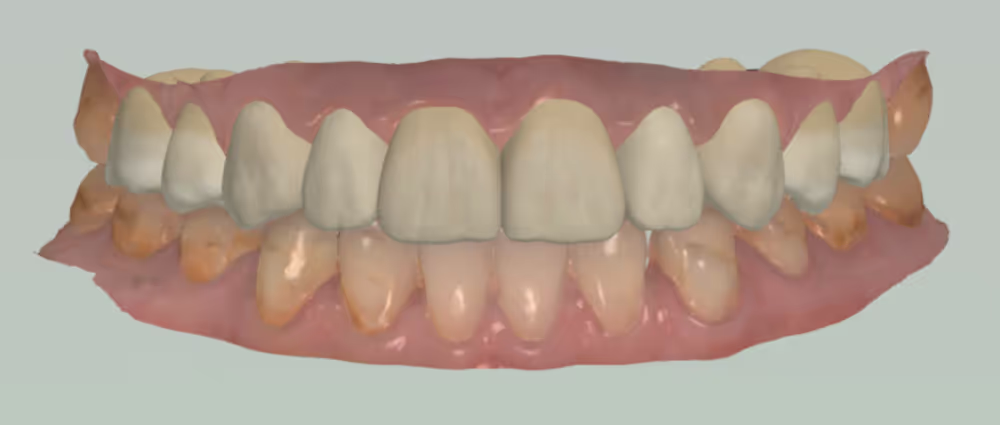
I
N
A
L
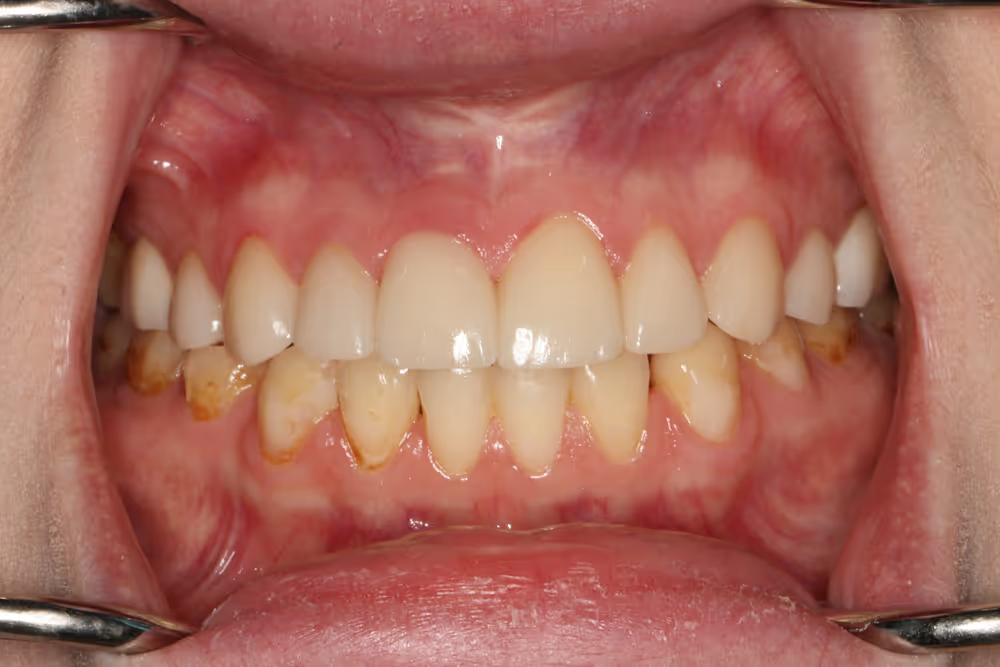
.avif)
R
E
O
P
-
M
A
X
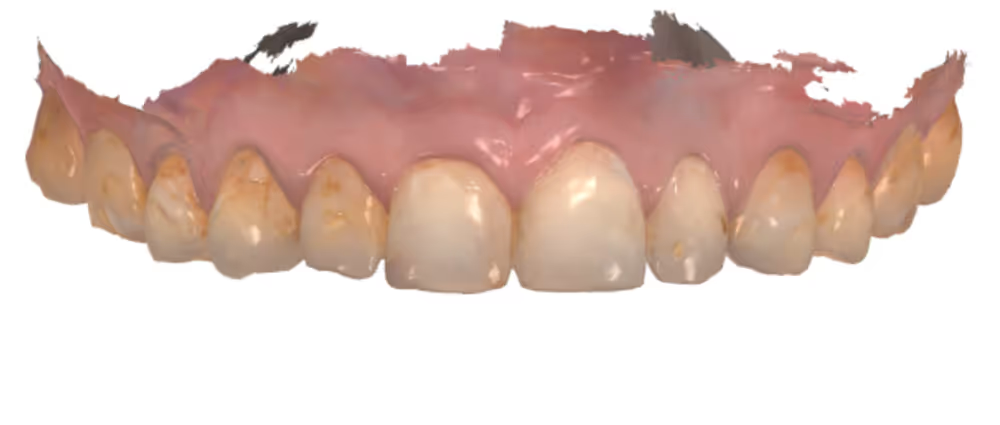
E
S
I
G
N
-
M
A
X
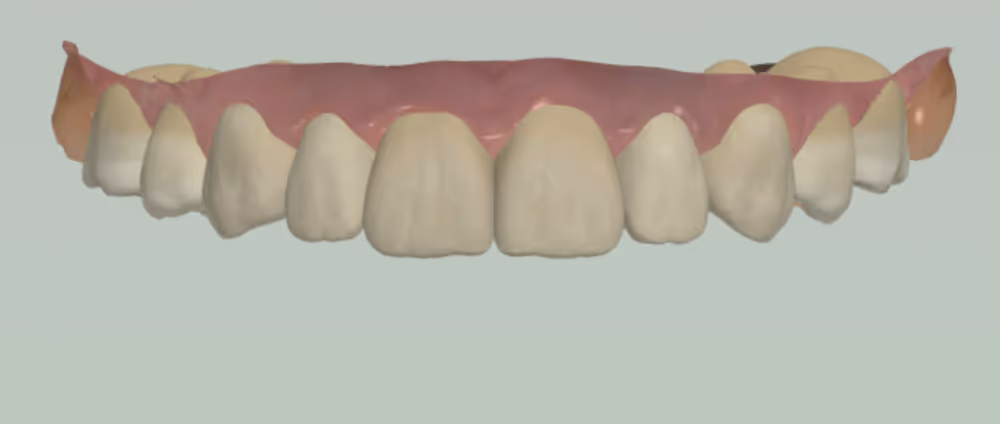
I
N
A
L
-
M
A
X
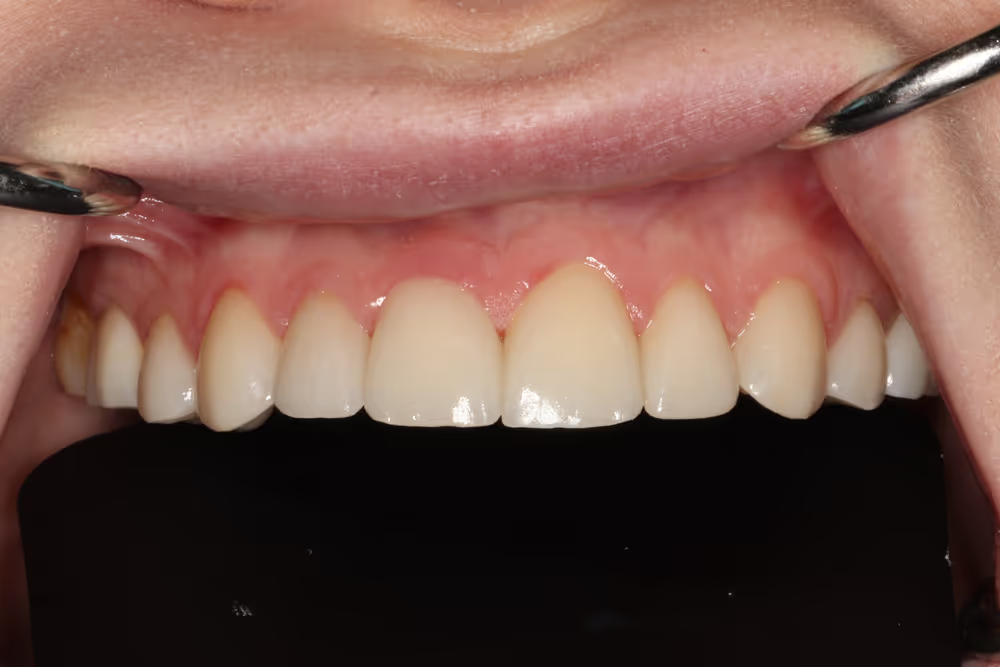
Benefits of Cone Beam CT Scanning
Using CBCT technology enhances diagnosis, planning, and treatment outcomes for a variety of dental procedures.
1. Unmatched Diagnostic Accuracy
- Provides detailed 3D images of teeth, bone, nerves, and soft tissues
- Allows for precise bone density measurements before dental implant placement
- Detects hidden dental infections, fractures, or cysts that standard X-rays may miss
2. Safer & More Efficient Procedures
- Minimizes risks by mapping nerve locations and jaw structure
- Enhances dental implant planning, reducing complications
- Helps determine if bone grafting is needed before implant placement
3. Low Radiation Exposure
- Uses significantly less radiation than traditional medical CT scans
- Quick and painless scanning process—completed in under a minute
4. Improved Treatment Planning
- Helps design custom dental restorations, such as dental implants and full arch implant restorations
- Assists in precise tooth extraction planning, including impacted teeth
- Guides orthodontic and TMJ disorder evaluations
What Dental Procedures Benefit from a CBCT Scan?
1. Dental Implants
A Cone Beam scan provides essential information for precise implant placement, ensuring that implants are positioned in optimal locations for strength and longevity.
2. Full Arch Implant Restorations
For Full Arch Implant Restoration procedures (such as All-on-4 or All-on-6 implants), CBCT imaging allows us to determine the best implant locations and assess jawbone health.
3. Jaw Bone Grafting
If a patient has insufficient bone volume for implants, a CBCT scan helps us evaluate the extent of bone loss and plan jaw bone grafting procedures.
4. Tooth Extractions (Including Wisdom Teeth)
A Cone Beam scan provides detailed views of impacted teeth, helping us assess their position and proximity to nerves and sinuses before performing tooth extractions.
5. TMJ Disorder Evaluation
For patients with jaw pain or clicking, CBCT scans reveal joint structure and alignment, helping diagnose and treat temporomandibular joint (TMJ) disorders.
6. Sleep Apnea & Airway Assessment
For patients experiencing obstructive sleep apnea, CBCT imaging allows us to evaluate airway anatomy and recommend appropriate treatment.
7. Detecting Hidden Dental Issues
- Identifies root fractures, cysts, and infections that standard X-rays may miss
- Assesses tooth and bone health before restorative procedures
What to Expect During a Cone Beam CT Scan
1. Quick & Comfortable Scanning Process
- The scan takes less than a minute to complete.
- You will stand or sit still while the machine rotates around your head.
- Unlike medical CT scans, CBCT does not require a closed tube, making it more comfortable for patients.
2. No Special Preparation Needed
- No injections, dyes, or special preparations are required.
- We recommend removing metal accessories (such as earrings or glasses) before the scan.
3. Instant Results for Treatment Planning
- The 3D images are immediately available for review.
- We use the scans to create customized treatment plans based on precise anatomical details.
Cone Beam CT vs. Traditional Dental X-Rays
Traditional X-Rays
- Provide 2D images of teeth and bone
- May not capture hidden fractures or nerve locations
- Used mainly for routine check-ups
Cone Beam CT Scanning
- Produces high-resolution 3D images
- Allows for better implant planning and diagnostic accuracy
- Used for complex cases like dental implants, jawbone assessment, and full-mouth reconstruction
Who Should Get a CBCT Scan?
A Cone Beam CT scan may be recommended if you:
- Are considering dental implants and need a bone density assessment
- Need a full-arch restoration with precise implant placement
- Have impacted teeth that require removal
- Are undergoing a jawbone grafting procedure
- Experience TMJ pain or bite alignment issues
- Have an undiagnosed dental issue that standard X-rays cannot detect
If you’re unsure whether a CBCT scan is right for you, our team will evaluate your needs and recommend the best imaging option.
Why Choose Bedford Center for Prosthodontics for Cone Beam CT Imaging?
- State-of-the-Art Technology – We use the latest CBCT scanning technology for highly accurate diagnostics.
- Comprehensive Implant & Restorative Care – Our team specializes in implant dentistry, full-arch restorations, and advanced prosthodontics.
- Personalized Treatment Planning – We customize every procedure based on detailed CBCT images for superior outcomes.
Faster, Safer, and More Comfortable Imaging – CBCT scanning is quick, painless, and uses minimal radiation.
.avif)
Frequently Asked Questions (FAQs)
Is a Cone Beam CT scan safe?
Yes. CBCT scans use low-dose radiation, significantly less than a traditional medical CT scan, making them a safe and effective diagnostic tool.
How long does a CBCT scan take?
The entire scan takes less than a minute, with immediate results available for review.
Will I feel anything during the scan?
No. A CBCT scan is completely painless and non-invasive.
Does everyone need a CBCT scan?
No, but it is recommended for patients undergoing dental implants, full-arch restorations, jawbone grafting, or complex extractions.
Is a CBCT scan covered by insurance?
Coverage varies depending on insurance providers and the reason for the scan. Our team will assist you in determining your benefits.
.png)

